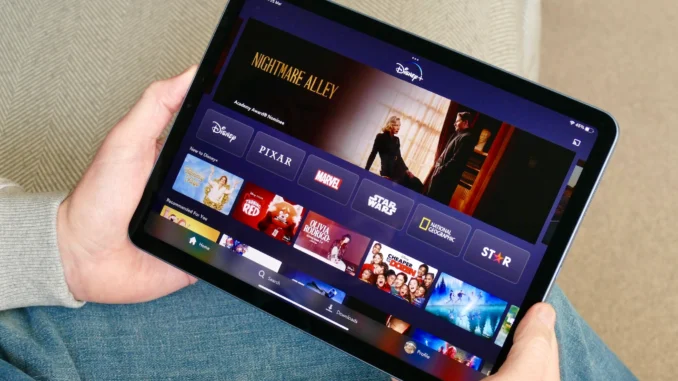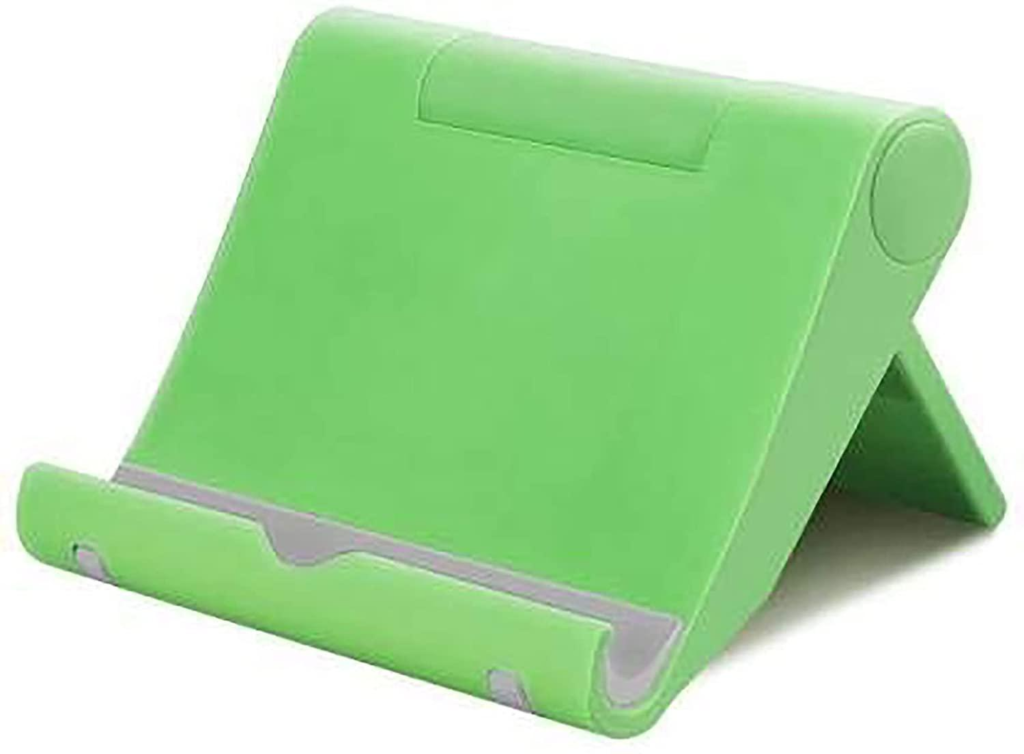
Tablets have transformed the way we interact with technology by combining portability and functionality in a sleek and tiny package. Because of their comfort, ease of use, and diversity, these adaptable devices have been increasingly popular in recent years, making them a crucial tool for many persons in a variety of settings such as work, education, entertainment, and more. In this post, we’ll look at how tablets have blended portability and functionality to become a must-have technology in our modern lives.

One of the primary aspects that distinguish tablets is their portability. Tablets, as opposed to typical desktop computers or laptops, are lightweight, tiny, and portable. Tablets are meant to be carried with one hand and easily tucked into a backpack or even a pocket, making them incredibly portable and great for usage on the road. Tablets, with their compact profile and sleek appearance, are ideal for travelers, students, professionals, and anybody who requires access to technology while on the go.
Tablets, in addition to their functionality, provide a fluid touch-based interface that is intuitive and user-friendly. Tablets are often controlled by touchscreens, which allow users to interact with the device with their fingers or a stylus. Tablets are simple to use thanks to their touch-based interface, even for those who are unfamiliar with traditional PCs or laptops. The touch-based interface also enables rapid and easy navigation across apps, menus, and content, making tablets ideal for a variety of jobs.

Because of their versatility and productivity benefits, tablets have also grown in popularity in work settings. Many tablets include productivity suites like Microsoft Office or Google Workspace that allow users to create, edit, and manage documents, spreadsheets, and presentations. Tablets are also great for workers who are frequently on the road because they allow them to access emails, calendars, and other business-related apps while on the go. Tablets have become a popular tool for salespeople, executives, and other professionals who need to stay connected and productive when away from the office due to their portability and versatility.
Education is another area where tablets have had a huge impact. Tablet computers are frequently utilized as learning and teaching tool in schools and educational organizations. Tablets provide interactive educational apps, e-books, and digital resources that can improve students’ learning experiences. Tablets also enable teachers to construct and deliver multimedia-rich lessons, administer exams, and provide real-time feedback. Tablets’ portability also allows students to access instructional content and collaborate with their classmates from anywhere, making them an important tool in modern education.
The entertainment business has also been changed by tablets. With high-resolution displays, powerful speakers, and superior graphics capabilities, tablets provide a comprehensive multimedia experience. They’re great for watching movies, TV shows, and videos, as well as playing games, listening to music, reading e-books, and perusing social media or other content-rich apps. Tablets have become a popular alternative for on-the-go entertainment, allowing users to enjoy their favorite material wherever they are, whether on a lengthy commute, on a trip or simply resting at home.
Many tablets include variable form factors, such as detachable keyboards or convertible designs, that allow them to work as both a tablet and a laptop. This makes tablets great for productivity tasks like typing emails, preparing documents, and giving presentations, but still keeping the portability of a tablet when necessary.

Tablets are fantastic gadgets for both entertainment and media consumption. They have high-resolution screens, powerful speakers, and enough storage space for movies, music, ebooks, and games. Tablets are also popular for leisure activities since they give a comfortable and immersive experience for reading, viewing films, listening to music, and playing games.
Tablets provide access to a large app ecosystem, with millions of apps accessible for download via app shops. These apps are divided into several categories, including productivity, creativity, entertainment, education, and others. This diverse set of apps improves tablet operation by allowing users to tailor their devices to their specific needs and preferences.
Battery Life: Tablets often have lengthy battery lives, allowing users to work, play, or consume material for longer periods without needing to recharge frequently. This is especially useful for those who are frequently on the go or who require a device for extended use without access to power outlets.

Tablets are designed to be lightweight and small, making them extremely portable. They are lightweight and portable, making them ideal for traveling, commuting, or simply moving from room to room in your home. Tablets are perfect for people who are constantly on the move and require a device that can be easily carried in a bag or held in one hand.
Touchscreen Interface: Touchscreens are commonly seen on tablets, and they provide a highly intuitive and user-friendly interface. Gestures, touches, swipes, and pinches can be used to interface with the device, making it simple to browse around apps, online sites, and documents. Touchscreens also support seamless input techniques like handwriting recognition and digital drawing with a stylus, which expands their capabilities.

Leave a Reply